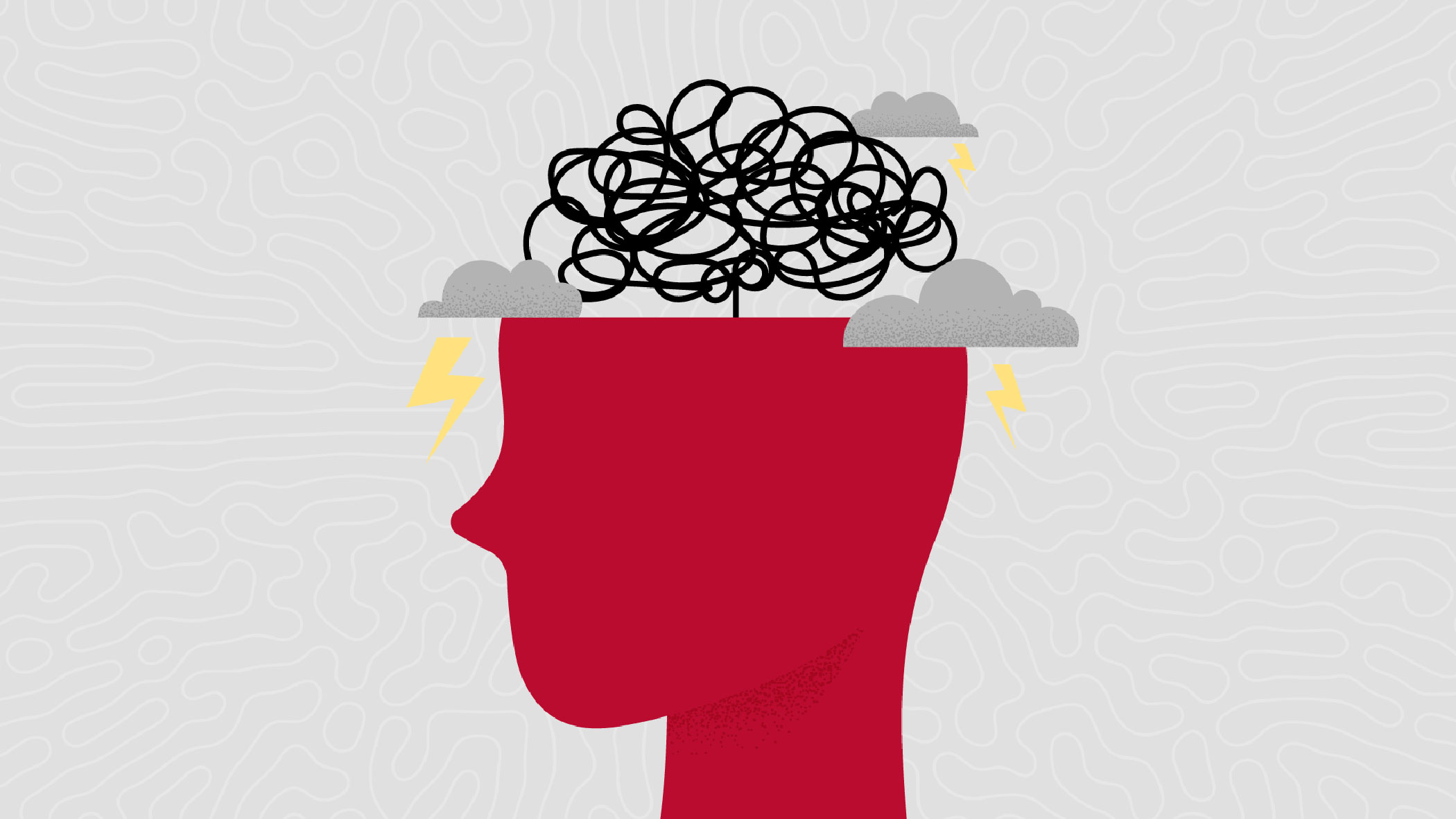Living in a resource-deprived area may increase your risk of certain psychiatric conditions, according to a recent study from the University of Georgia.
Psychotic disorders such as schizophrenia can be debilitating, interfering with a person’s mental, physical and social health. The new study suggests a person’s risk for developing these conditions could be shaped by their environment.
The researchers found that, in areas with lower incomes, poor quality housing and high crime, rates of psychotic disorders were 79% higher than in wealthier areas.
“Black Americans are about 2.4 times more likely to be diagnosed with schizophrenia in the United States, and recent research has been pointing to structural causes,” said Sydney James, lead author of the study and a doctoral candidate in the UGA Franklin College of Arts and Sciences. “Marginalized communities are more likely to live in deprived areas, so I wanted to see if that explained the higher rates of psychosis.”
More inequality can lead to a higher rate of psychosis
The meta-analysis included multiple countries, examining the environments people lived in and the rates of psychotic disorders in those areas.
“The studies used a range of methods, but the results were very consistent: More inequality can give rise to a higher incidence rate of psychosis,” said James.
The researchers found that no condition or symptom, such as delusions or hallucinations, was more common than the other.
However, the rates for psychotic disorders in general were higher in resource-deprived areas where unemployment was high, education was low, and housing and services were hard to come by.
Relationship between psychosis and environment still unclear
Living in poorer neighborhoods may increase one’s risk for psychosis, but that doesn’t mean wealthier individuals can’t also develop it. Psychotic disorders often affect a person’s ability to work and form relationships, impacting where they can live.

“Environmental deprivation can be both a cause and a consequence of psychotic disorders,” said Gregory Strauss, a professor in the UGA Department of Psychology and senior author of the study. “Even if someone was born into a more affluent neighborhood, if they develop schizophrenia, they can end up in a living in more impoverished environment because of the effects of the illness.”
Studying environment could lead to better support resources
Digital therapy could help guide someone with a psychotic disorder through therapeutic techniques “in the environment where it might matter most,” Strauss said.
Many people with psychotic disorders also struggle with the belief that their situation will never change due to their environment. This can become a constant cycle as they believe their situation will never improve and lose motivation to try to change it.
Therapy techniques personalized to someone’s situation could help break this cycle and improve their quality of life, the researchers said.
The study was published in Social Psychiatry and Psychiatric Epidemiology and co-authored by Thania Galvan and Ashley Zollicoffer.
